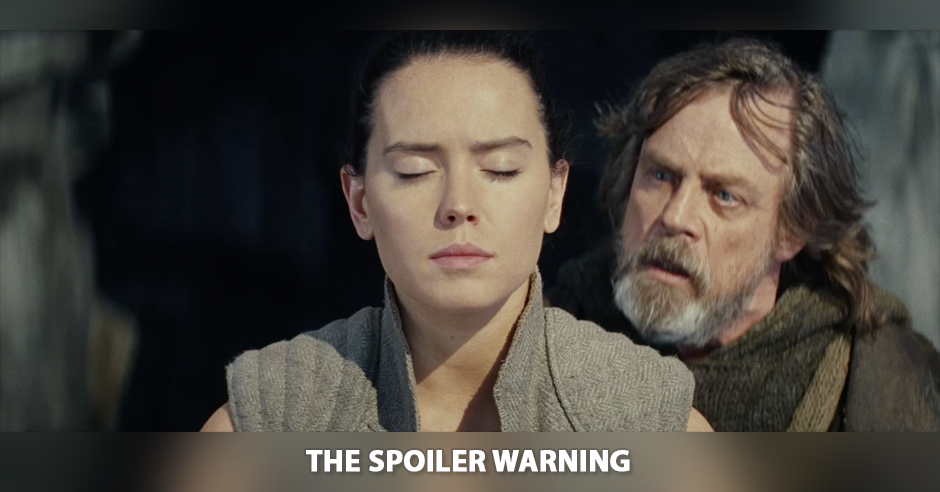Trying to critique a massive movie franchise is a bit like trying to write a Yelp review for a skyscraper, or a 747 flight. I might nitpick the shape of the windows on the top dozen floors, or the treble squeal of the pilot’s intercom; but at the end of the day, the hell do I know? The sheer magnitude of the endeavor — the rippling impact of every minor decision, the endless bureaucratic constraints, not to mention the absurd price of failure — is beyond me. Maybe half the plane can’t hear unless the intercom is deafening; maybe impassioned pilot-wannabes would riot in the streets without the exposition on wind speeds. Maybe if the panes were cut two inches wider, or the Finn subplot 10 minutes short, an entire floor would go bankrupt from crumbling action figure sales. I should be glad it bore that weight without creaking. I should be grateful when nothing crashes and burns.
So how should I talk about Star Wars: The Last Jedi; i.e. the massivest, franchise-est thing someone could make? Well, for starters, it doesn’t come close to crashing or burning. In fact, to Rian Johnson’s endless credit, it makes all that load-bearing look mostly easy! Juggling fan-servicing shoutouts, evolving mythologies, multiple spectacular set pieces, and way too many “leading-ish” roles for a 2.5 hour movie, he does the series justice without doing harm to any of its (many) constituents. There are aspects of this film which easily best any entry in the Star Wars saga — the tactile visuals of salt and snow, the samurai slickness of the imperial throne room, the emotional heft of the primary (Rey) subplot. Johnson took on a near-impossible task, and he did right by it. As a big fan of Brick and Looper, I can’t help but feel proud.
But there’s a reason I’m tiring of Enormous Franchise Flicks in general: you can always see the committee peering through the screen. Overstuffed B-plots that exist solely to prop up future films and sell plush toys. Contractually-obligated icons who Ham[ill] it up for nostalgia but would never survive a blind audition. And, maybe most frustratingly in the case of The Last Jedi, a script that just feels overwritten — themes which echo a bit too self-consciously, protagonists with dramatic arcs so tidy you could trace them with a Joseph-Campbell-stamped compass. None of this is bad, or distracting, or even particularly disappointing, of course. It comes with the risk-averse territory: if you wanted nosedives and backflips, you shouldn’t have flown commercial. I just wish, somehow, we could find a way to have both. I wish someone could keep this thing sturdy without it feeling so safe.
Chris, Carson, and I discuss this at length in a half-spoiler-free, half-spoilery episode of the podcast:
